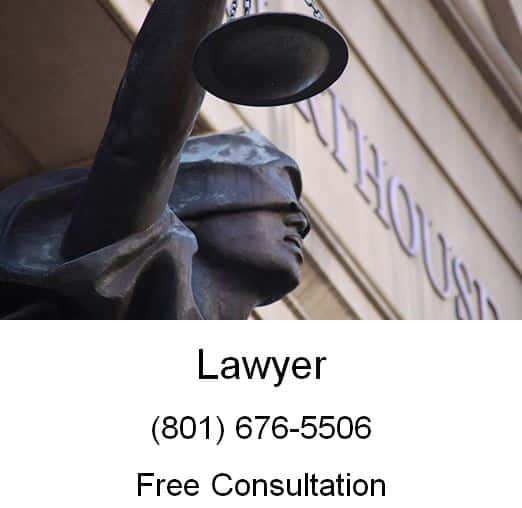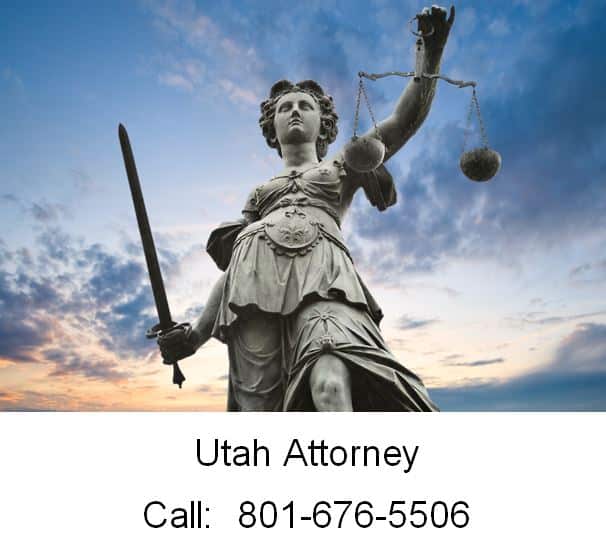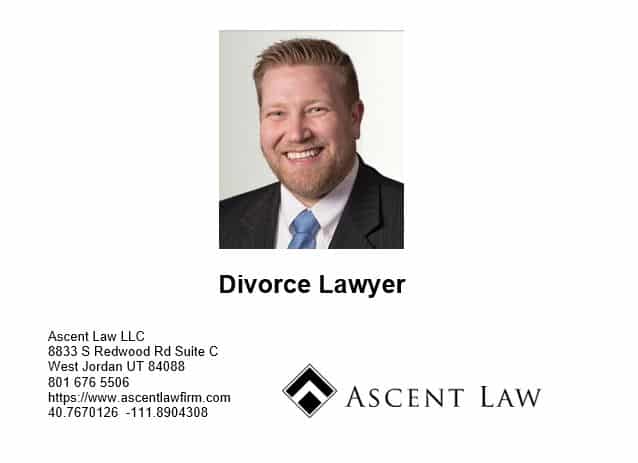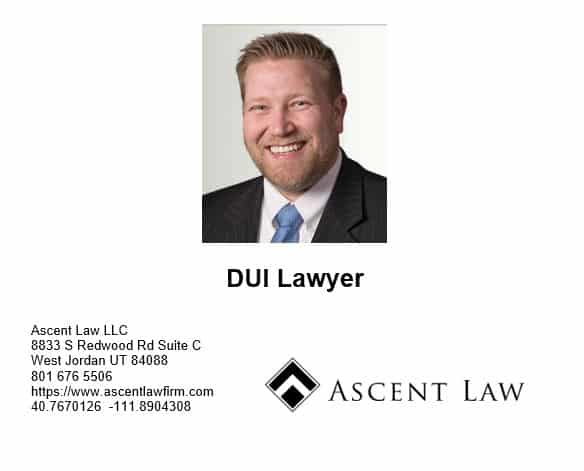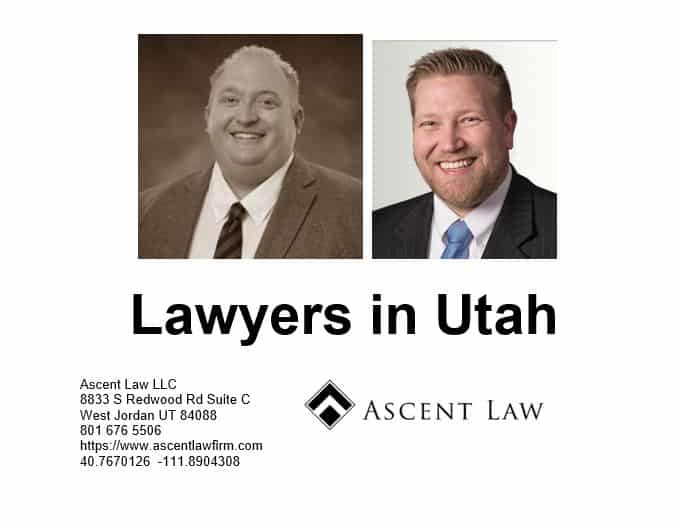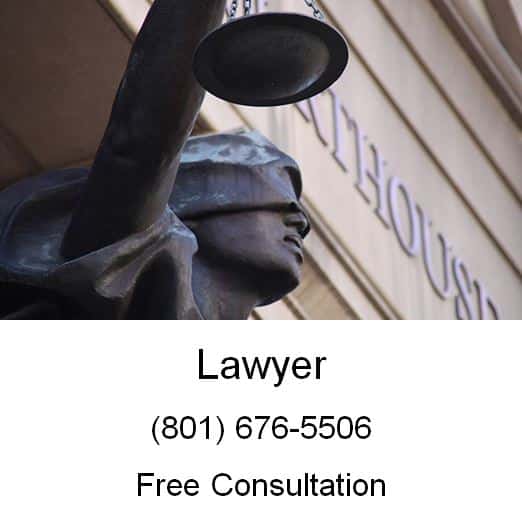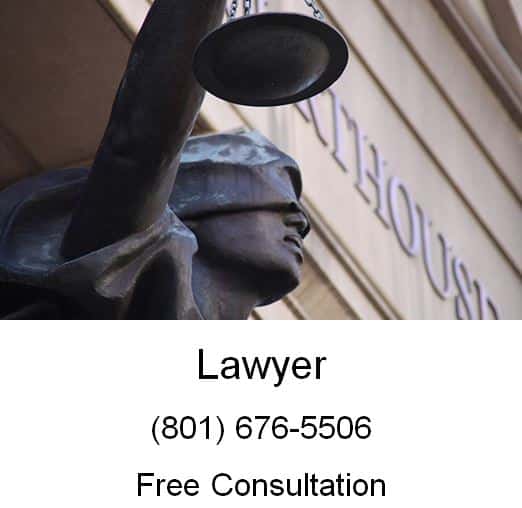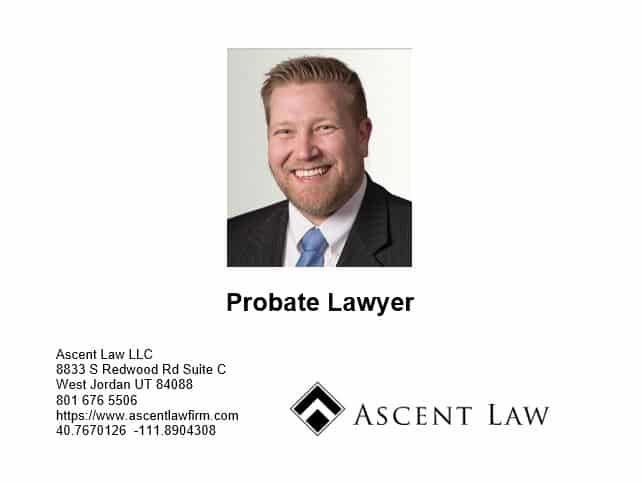On a sunny California beach, Clark and Valerie Tate assembled their friends and 10-year old son for a special ceremony – an “uncoupling” ceremony.
Conscious Uncoupling
Because divorce can become an ugly and expensive process, the two decided to try a different route, choosing to “consciously uncouple.” This was Clark’s third marriage, and Valerie’s first. While the “spark” in their relationship went out years ago, the two have never once considered a formal divorce.
In the uncoupling ceremony, the two returned they wedding rings to each other, symbolizing the end of their 14-year-old marriage. “These rings do not symbolize who we are to each other anymore,” Clark said. “So we’re releasing them,” Valerie added.
While the two no longer consider each other as husband or wife, they have decided to continue living in the same house so they can continue to raise their son Jonah together.
Focusing on Children
Keeping the family unit intact is crucial for the “un-coupe.” They are determined to protect Jonah from their failed relationship. “Children feel like they’re the center of the universe. They don’t understand necessarily what’s happening, but they feel like it may be something they did wrong,” said psychiatrist Dr. Janet Taylor.
Financial Stress of Divorce
Divorce can be not only emotionally draining, but also financially draining. On average, couples pay $50,000 to resolve contested divorces. But uncoupling in the fashion that Clark and Valerie have might not be an option for everyone. “For couples who have an option relationship, both partners have to totally agree to it, or it won’t work, and that requires communication,” Taylor said. “In some cases, it may involve a third party, a counselor where you draw up rules. But if one person feels like the other one is pushing them into that situation, it won’t work.”
But for now, for the Tates, their situation is working out. The two are still legally married, and for now, divorce is not even on the horizon. “I think we’re through the tough stuff, which was questioning jealousy and insecurity and what happens and who are we, and what is this?” Clark asked. “The unknowns,” Valerie answered.
JOINT CUSTODY IN DEPTH
Parents not living together have joint or shared custody when they share the decision-making responsibilities for, and/or physical control and custody of, their children. Joint custody can be awarded if the parents are divorced, separated, or no longer cohabiting, or even if they never lived together.
Forms of Joint Custody
Joint custody can be in many forms:
1. joint legal custody
2. joint physical custody. This is where the children spend a significant portion of time with each parent separately
3. joint legal and physical custody.
It’s common that couples share physical custody also share legal custody. It is not necessarily the other way around.
Joint Custody Arrangements
Usually parents work out a schedule according to work requirements, housing arrangements, and the children’s needs when joint custody is shared. If parents are not able to agree on a schedule, the court arranges and imposes an arrangement. The most common pattern is for the child to split weeks between each parent’s home. Here are some other joint physical custody arrangements:
1. alternating months, years, or six-month periods
2. spending weekends and holidays with one parent, and then spending weekdays with the other.
“birds nest custody,” where the child remains in the family home while the parents take turns moving in and out. In this instance the parents each have their own separate housing.
Joint Custody – Advantages and Disadvantages
While joint custody assures the children have continued contact and involvement with both parents and alleviates some of the burdens of parenting for each parent, there are, some disadvantages. For example, children have to be shuttled around between parents, non-cooperative parents can have negative effects on children, and maintaining two homes for the children can be costly.
If you have a joint custody arrangement, it’s important to maintain detailed and organized financial records of all of your expenses such as groceries, school and after-school activities, clothing, and medical care. Because your ex may claim she or he has spent more money on the kids than you have it’s important to keep all records. A judge will appreciate your detailed records.
Free Initial Consultation with Lawyer
It’s not a matter of if, it’s a matter of when. Legal problems come to everyone. Whether it’s your son who gets in a car wreck, your uncle who loses his job and needs to file for bankruptcy, your sister’s brother who’s getting divorced, or a grandparent that passes away without a will -all of us have legal issues and questions that arise. So when you have a law question, call Ascent Law for your free consultation (801) 676-5506. We want to help you!
8833 S. Redwood Road, Suite C
West Jordan, Utah
84088 United States
Telephone: (801) 676-5506
Recent Posts
What Are Some Causes For Sole Custody To Become Necessary?
Not Being An Attorney In Utah Didn’t Stop One Womans Quest To Practice Law. It Should Have.
Divorce Lawyer and Family Law Attorneys
Ascent Law St. George Utah Office
Ascent Law Ogden Utah Office
The post Uncoupling Ceremony first appeared on Ascent Law, LLC.
Source: https://www.ascentlawfirm.com/uncoupling-ceremony/

